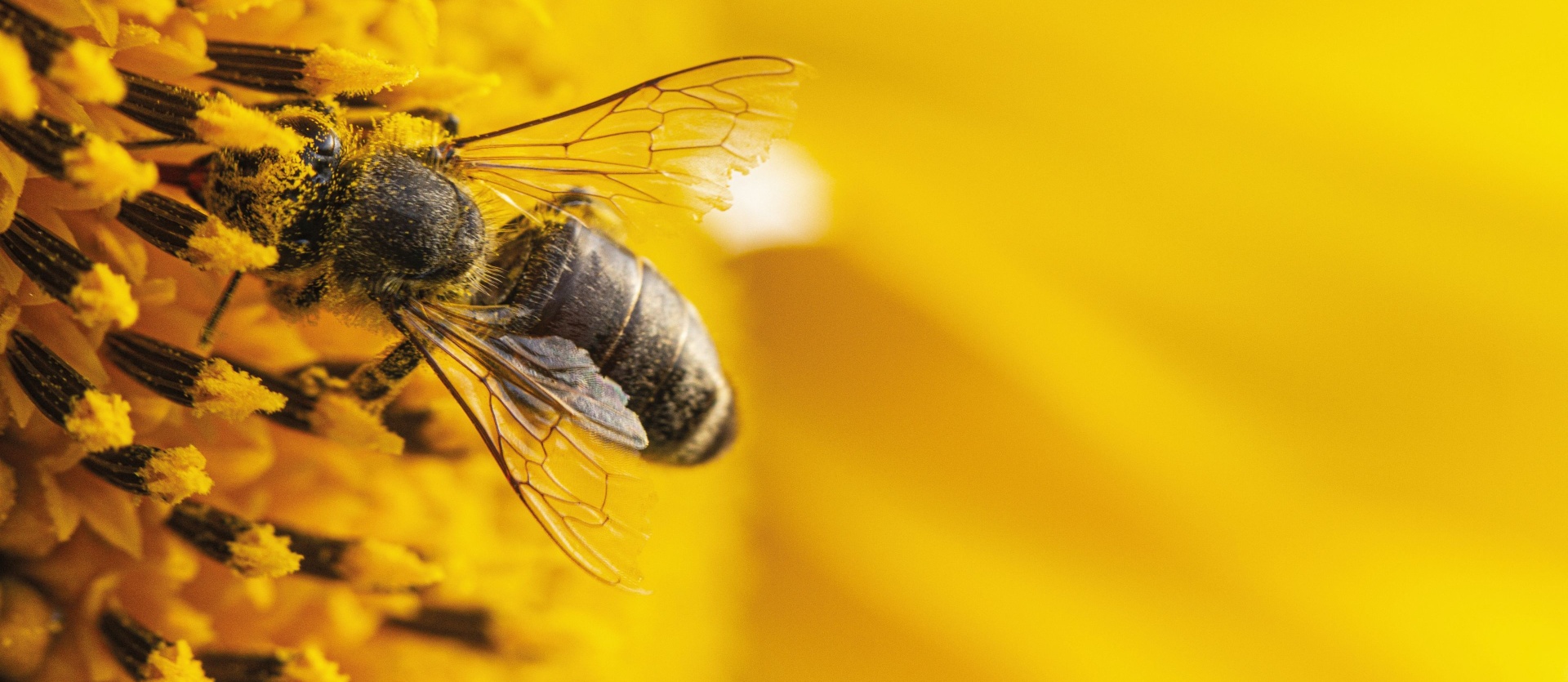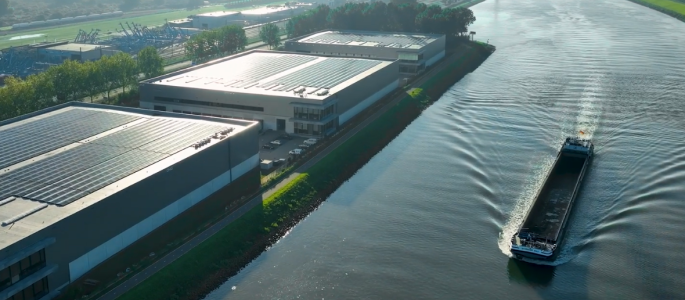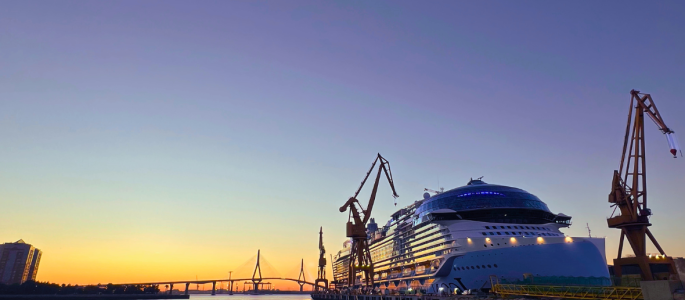
Queen Bees on Night Star Express
When at the end of March the sun appears again in the northern hemisphere after another grey winter, the honey bees also become lively. With the sprouting of the first buds, a new season begins for them: collecting nectar and pollinating flowers in chord. The small insects are not only of special importance for our ecosystem, but also for Hellmann.
The honey bee, it is a seasonal worker with undreamt-of benefits. It may be hard to believe, but the honey bee is the third most important farm animal after cattle and pigs. A good 80 percent of all useful and wild plants are pollinated by bees. It is hard to imagine the consequences of a "bee collapse", i.e. the threatened extinction of many bee species. Albert Einstein already expressed a premonition in 1949:
"Once the bee disappears from the Earth, man has only four years to live. No more bees, no more pollination, no more plants, no more animals, no more people." (Albert Einstein, 1949).
Already today, farmers are partly dependent on having their fields artificially pollinated. In China, this is increasingly done by human hands, in Japan, the pollination is being tinkered with using drones. To keep the gene pool of the bee colonies healthy, i.e. as diverse as possible, beekeepers literally "swap" the queen bees. In Germany the royal insects are driven across the country for this purpose. Royal transports - a job for the Night Star Express.
When the winged majestic bees go on a journey, careful transport is necessary. And because every move - for people and bees alike - is associated with a certain amount of stress, the useful insects are transported at night because during this time they are less active. The queens are picked up in the late afternoon and arrive the next morning before eight o'clock at their destination, a previously defined depot. The journey often goes right across Germany. For the Night Star Express it is, therefore, (almost) a job like any other.
Specially developed transport boxes
Only the moving boxes, in which the minor majesties rest during transport, are special. They were already developed in 2013 at the NSE system headquarters in Unna. "The boxes are shock-resistant and air-permeable, but at the same time the bees cannot fly out due to the close-meshed plastic grids", explains Stephan Meyer, Manager Operation/Sales CEP at Hellmann. And if an entire colony of bees has to move, that's no problem either. In this way, the bees arrive largely stress-free and with an almost 100 percent life guarantee where they are needed. Nationwide, within only twelve hours.
"Bee transport is something special for us because it is associated with the good feeling of making a small contribution to maintaining healthy bee colonies. And without the pollination work of these insects, our supermarket shelves would certainly look pretty empty," summarizes Stephan Meyer.
Blossom honey from the airport entry lane
Our commitment to the conservation of bees even goes one step further. At our air freight location in Norderstedt near Hamburg, beehives of a local beekeeper have been standing on the roof since last year - virtually directly in the approach corridor of Hamburg Airport. Now, at the end of March, the bees are returning from their winter break. The wild meadows and rapeseed fields around the airport and the linden trees on the company premises offer ideal conditions for producing their golden nectar. And so a product of the highest purity is created on our premises.
Honey exports even to Saudi Arabia
The importance of bee honey has therefore long been recognized - also in Saudi Arabia. The air freight colleagues in Norderstedt export up to three tons of organic honey from Germany per quarter for customer located in the Saudi Kingdom. "In this desert state, honey from Germany is regarded as a medicine," says team leader René Fritsche. The reason for this is its antibacterial effect, which is said to provide relief from various infections. The fact that honey from Germany is so popular in the Saudi Kingdom is due to its purity, René Fritsche knows.
With our commitment to beekeepers and their bee colonies, we at Hellmann want to make a contribution to keeping our ecosystem in balance. Last but not least, we attach great importance to a service offering that is based on economic, ecological and social sustainability. We are responsible for people, society and the environment in all areas in which we operate. It is these principles of sustainable development that help us to secure the future of our family business and our environment.




